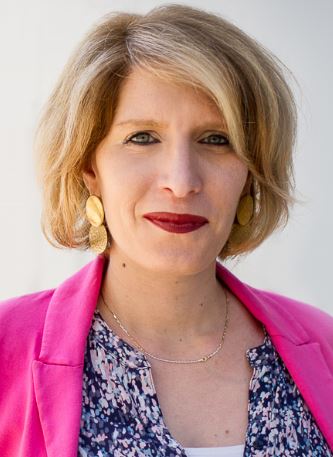[Opinion] Germany and Israel: A missed opportunity
[EXCERPTS]
For decades, Israel and Germany have enjoyed a special relationship marked by close political ties. Israel views Germany as a primary ally in Europe and as one of the most significant states in shaping EU policy. Likewise, Germany places Israel’s security as a top priority and has shown a deep commitment to the Jewish State since its post-World War II establishment.
However, the diplomatic clash from two weeks ago marked a low in German-Israeli relations. The rift arose from a cancelled meeting between German Foreign Minister’s Sigmar Gabriel and Israeli Prime Minister Netanyahu, over FM Gabriel’s decision to meet with two far-left Israeli non-governmental organizations (NGOs) – Breaking the Silence and B’Tselem. The controversy continued upon FM Gabriel’s return to Germany when he published an opinion piece equating Social Democrats and Jews as victims of the Holocaust.
In the whirlpool of the Arab-Israeli conflict, the significant role played by NGOs is not adequately addressed. Thus, despite the negative tone surrounding FM Gabriel’s visit, the fact that NGOs were brought to the forefront of the public debate is not necessarily an unwelcome development.
Many NGOs manipulate human rights through the use of “resistance” rhetoric and blur the lines between violence and nonviolence, while belittling security concerns and even legitimizing attacks against civilians. Some of these same groups have ties to the Popular Front for the Liberation of Palestine (PFLP) – a designated terrorist organization by the EU, U.S., Canada, and Israel.
And, not to be overlooked, a large number of these are funded by the German government.
These should be the real issue.

